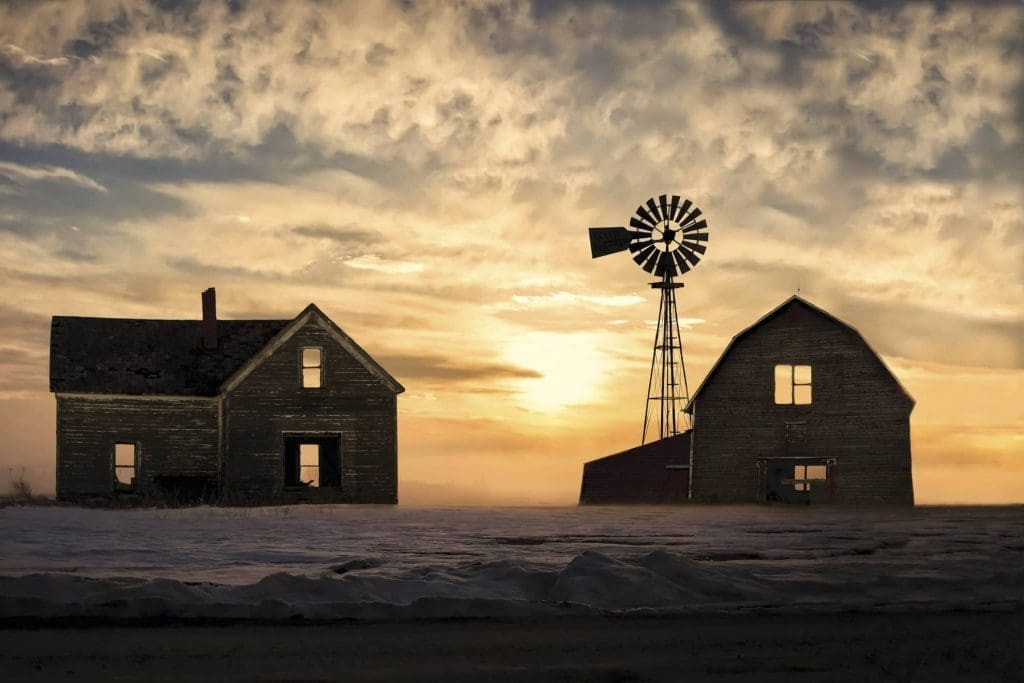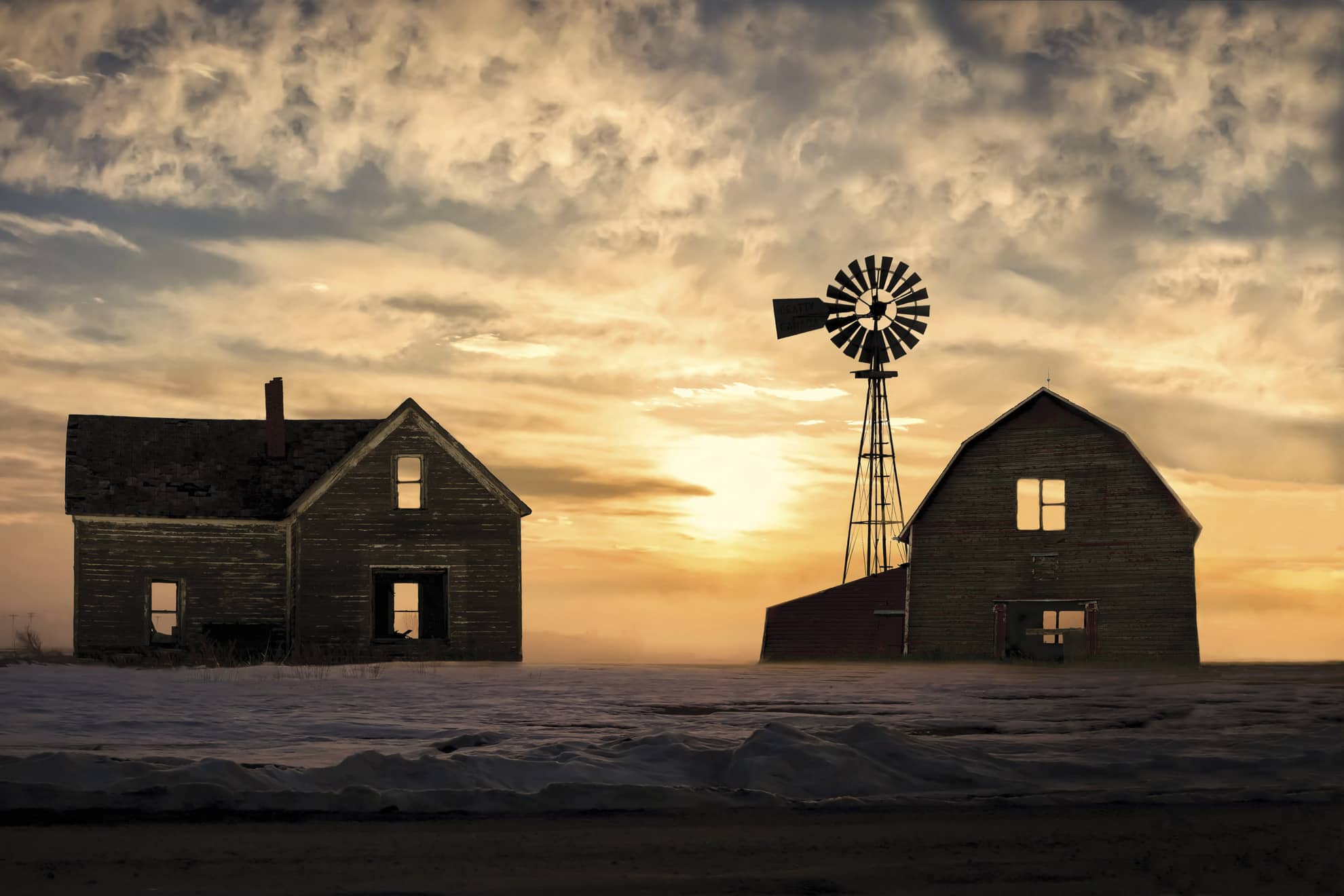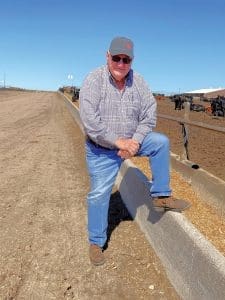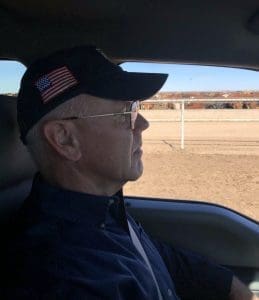By LaRayne Topp Contributing Editor
I stopped my long, rusty, rattletrap of a Mercury at the bottom of the farm lane. For one last time, I looked over the land I deeply loved, owned by my parents and grandpar- ents. In humble apology to them, I took off my shoes and dusted the dirt from the bottom – much like Jesus’ disciples were advised to do when they were at a place where they weren’t welcomed.
Some farmers survived the 1980s. They figured out what it took to keep their heads above water, keep their loans afloat and, astonishingly, swim on. But others – like my husband and I – were slowly and hopelessly adrift.
My neighbor was able to keep on swimming, even though he was soon to learn that he had just bought the last of the high-priced land in the county, perhaps the day before the value of farmland in the region began to plummet as much as 60 percent, and a glut of farm commodities forced prices to rock bottom. Jumping off a diving board with the weight of 18 percent interest wrapped around his foot – or maybe his neck – a farmer could find himself or herself threat- ened, upside down, drowning in debt or sinking like a rock.
 Not only were farmers affected, but businesses as well. Farm crisis condi- tions built enmity between farmers and their bankers, also victims of the ger always featured a peaceful, black- ‘80s, struggling to keep their banks afloat. A joke went around from farmer to snickering farmer: What’s the difference between a banker lying dead in the middle of the road and a dead skunk? Answer: There’s skid marks by the skunk.
Not only were farmers affected, but businesses as well. Farm crisis condi- tions built enmity between farmers and their bankers, also victims of the ger always featured a peaceful, black- ‘80s, struggling to keep their banks afloat. A joke went around from farmer to snickering farmer: What’s the difference between a banker lying dead in the middle of the road and a dead skunk? Answer: There’s skid marks by the skunk.
But it was no laughing matter. Sui- cides were plentiful during that time as well as domestic assault and child abuse.
I thought of all that this morning. A million miles away, I sat in the door- way of a machine shed at a friend’s farm, husking sweet corn. Rain drummed its tap dance on the tin roof overhead, washing nearby soybean fields clean of a summer of drought. A giant cottonwood tree across the way waved its water-drenched branches at me and, at that moment, I realized the farm crisis no longer had a hold on me; it existed only as a benign mem- ory. I had no dust to shake from the bottom of my shoes. I had no debt at the bank. I had no looming farm auc- tion. In spite of our fears, we had left the farm and, after a time, we some- how survived. We found there was life after farming. In other words, difficult times don’t have to continue forever.
I keep a particular copy of the Mid- west Messenger in my office. When we farmed, the front page of the Messenger always featured a peaceful, black-and-white farm scene. Below it were listings of occasional farm auctions. But on March 16, 1985, the entire front page of The Messenger was inundated with farm sales – a total of 115 just from March 16 through April 8. I don’t keep that newspaper around to help me recall how hard the times were; I keep it to remind myself that a large number of those farmers, no matter how willing or unwill- ing they were at the time to sell out, found their way to something new.
Sometimes we think if we give up what we’re doing that’s killing us, we’ll be left helplessly adrift. Sometimes we think there’s no way out, that little is under our control, that ahead of us is only more of the same. But sometimes – whether it’s a job we hate, an entire occupation where we’re no longer wel- comed, a toxic relationship, an addic- tion or a project we will never finish – we need to figure out a way to get out from under it. Sell it. Walk away from it. Put down the bottle or the cigarette or the sweet roll. Abandon whatever it is as gracefully as we can, hurting the least number of people possible, and head toward something different.
And possibly, just possibly, once the dust is washed away, we will find we have learned how to swim.







